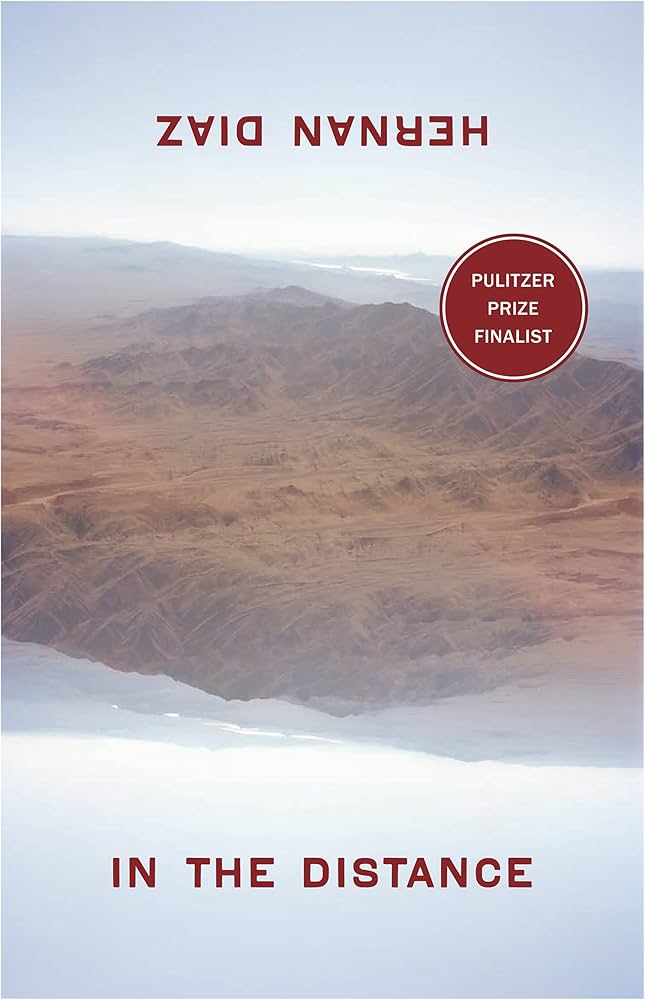In the Distance
By Hernan Diaz
My 150th entry! It took a little longer to get here than I anticipated, but a milestone nonetheless.I picked this book up primarily because of how much I enjoyed Trust, the last book I read by this author. That work felt a lot like a crossword puzzle, which I find myself trying to unlock more frequently of late. It featured basically the same story told from four different, sometimes intertwining, points of view. It's not an uncommon method, but the way he wrote it made it take a while to figure out what was going on. And even by the end, you don't really know who to believe.
This book was much different, but no less interesting and, at times, riveting. It is, as the dust jacket explains, a book that "defies the conventions of historical fiction and genre." It is a tale of the settling of the west, with a twist. The main character, Hakan, or The Hawk as he becomes known, wants desperately to get east. After setting out with his brother from Sweden, he somehow becomes separated and winds up on a boat bound not for New York City but for San Francisco. When he arrives there, he becomes determined to reunite with his brother and takes up with an Irish family in search of gold. Against all odds, they find it -- only to have it stolen from them by a powerful woman from a nearby town who takes a liking to Hakan and keeps him as something of a sex slave.
He escapes, and spends much time wandering the desert, taking up with a scientist in search of the first signs of life on planet earth in the salt flats around what I can only assume is Utah. The scientists' help becomes tired of the desert mission, and, when he stops to give assistance to a recently-attacked group of Native Americans, they leave him. Hakan stays, and for his efforts he is gifted some medical training and tools, as well as a horse, which makes his journey much faster.
Eventually, he runs into settlers on the Oregon trail. One day, he is offered another horse, this one strong and healthy, if he would only serve as a bodyguard to a confidence man who has somehow convinced many settlers that he has land in Oregon that he can give them, which prompts many to shower him with gifts from their meager possessions. One day, they run into a band of Native people, or so they think. In fact, it is a ruse; a group of "brethren" (Mormon's?) who pretend to be Native and then change clothes to chase them off. The settlers fall for it, and welcome the "heroes" into their wagon circle. Whereupon they are fired up on indiscriminately. Hakan, who is an enormous human, reacts quickly, and almost single-handedly defeats the brethren.
Word of his deed spreads far and wide. He is a hero! He is a villain! He goes into hiding. For years, his legend grows outside of his isolation. He grows too, never stopping. He is, it seems, the embodiment of the western tall tale, growing taller with every telling. Even years and years after the event, he is recognized and almost taken captive once more. He manages one more escape, does a kind deed for a fellow Swede who has come into wealth and funds a trip to a place where he won't be recognized: back home.
The cover of the book is a mirror image. A mountainous desert landscape above; the same desert landscape below. I will admit that I was a bit too involved in the plot of thee book to fully consider its message, but that image seems a key to it.

No comments:
Post a Comment